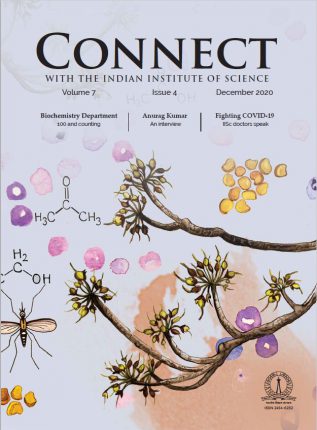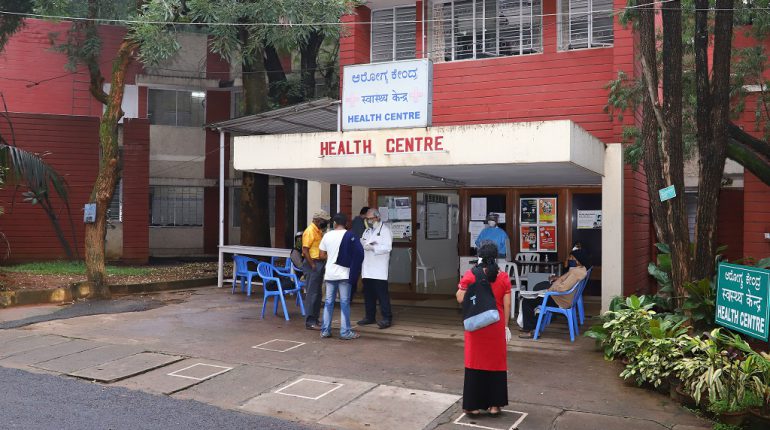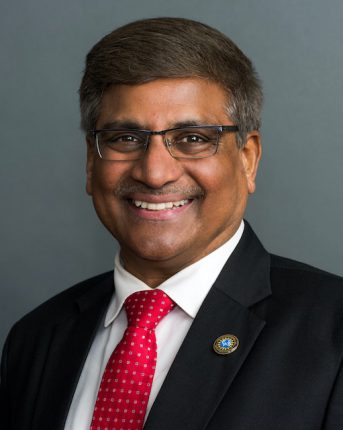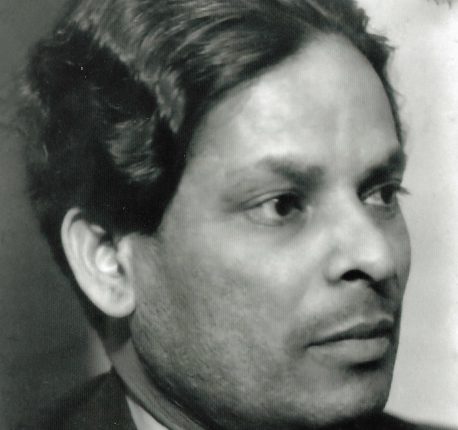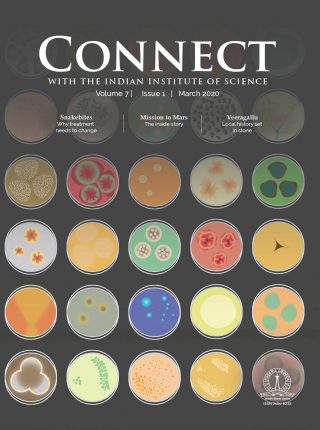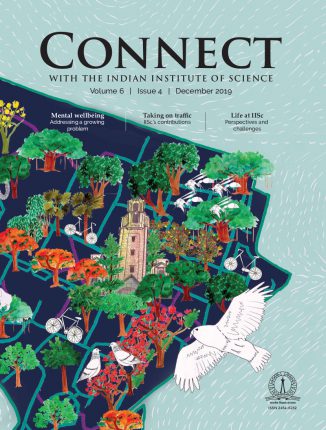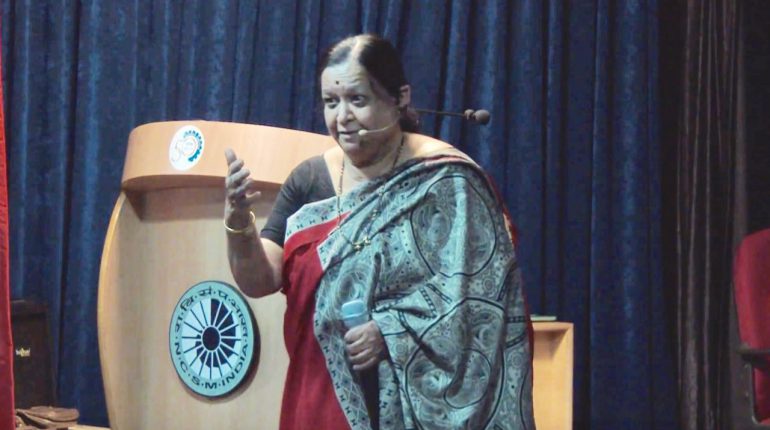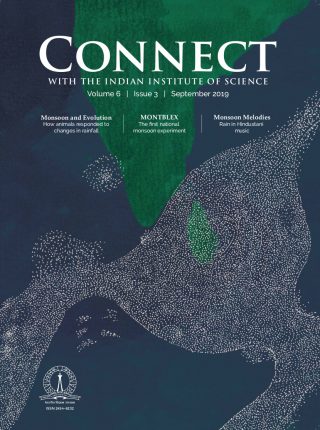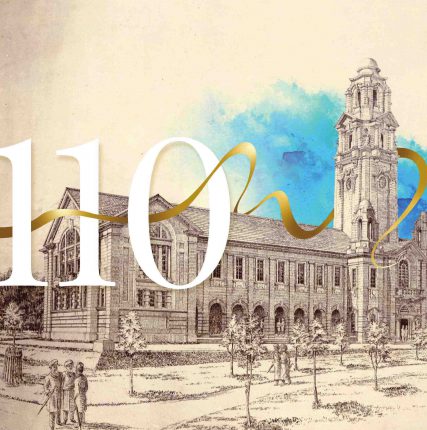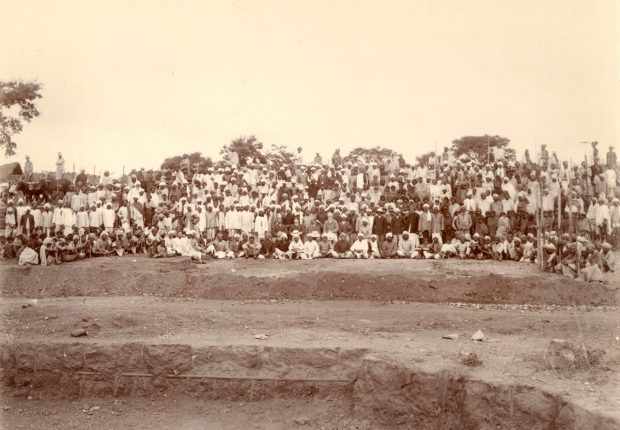Author: Connect Staff
‘The fact that my patients needed me kept me motivated’
Healthcare professionals across the world have been working relentlessly during the pandemic. With dozens of cases reported from IISc, Connect spoke to doctors at the Institute’s Health Centre about their experiences during these challenging times. What changes did the Health Centre have to make, in order to deal with the pandemic? Dr R Nirmala: […]
Meet NSF’s New Director
An IISc alumnus, Sethuraman “Panch” Panchanathan, was appointed as the 15th Director of the National Science Foundation (NSF), USA. Before being chosen to head NSF, he was at Arizona State University (ASU), where he founded the Center for Cognitive Ubiquitous Computing (CUbiC) which is focused on designing technologies and devices for assisting individuals with […]
M Sreenivasaya’s Legacy
Having laid the foundations for fermentation technology research in India, he is remembered for the breadth and clarity of his scientific pursuits In 1941, a new Fermentation Technology laboratory was set up at IISc. It was something of a travelling entity, having been founded at the Department of Biochemistry and transferred at different points […]
March 2020
December 2019
A Lifetime of Monsoon Research
Sulochana Gadgil is a meteorologist with a large and influential body of work on the Indian monsoon. Born in 1944 in Pune, she studied mathematics in India and the USA. After obtaining a PhD in Applied Mathematics at Harvard University, she worked as a Research Fellow in MIT. In 1971, she returned to India and […]
September 2019
IISc Turns 110
On May 27, 1909, the Government of India published a Vesting Order and a Scheme for the Management of the Institute in the Gazette of India, officially creating the Indian Institute of Science. The years preceding and following this saw a flurry of activity: designs for new laboratories, construction work to build new departments, plans […]
Building the Institute
The photos here are part of a series marking IISc’s 110th anniversary. Early construction at IISc was done by TCW Skipp, with whom the institute signed a contract in 1908. Before the end of that year, most of the drainage and sewer system had been laid by Pallonji Edulji & Sons. This photo shows the […]
